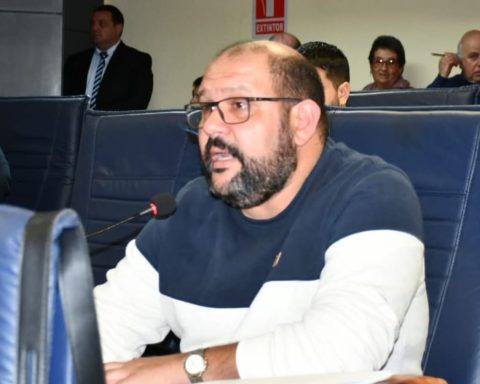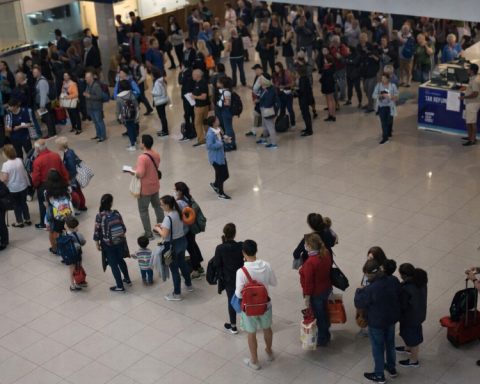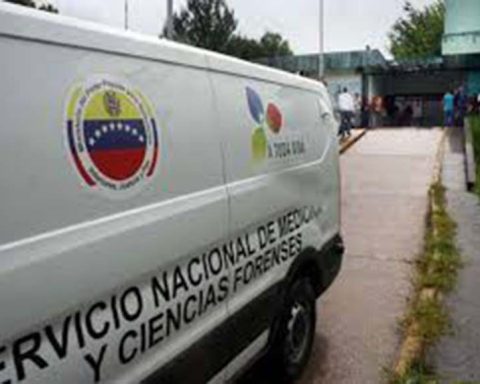The case has a criminal instance and the prosecution is investigating, in addition to the complaints received and is processing the Ministry of Tourism at its headquarters. The 9th shift prosecutor for Flagrancia, Fernando Romano, began taking statements from the victims, sources from the prosecution told The Observer. Tourism verified that the company closed this Monday, August 22, and ordered its owners to appear before the authorities of that portfolio.
Since August 2014, Law 19,253 has been in force, regulating the activity of the different actors involved in tourism, and establishing the limits to ensure the sustainability of the activity. In October 2015, the government approved a regulatory decree of this law on the activity of tourism service providers, which includes travel agencies.
“In the event that the agency develops its activity in a place open to the public, no other activity whose nature is not compatible with the provision of a tourist service may be carried out in the same,” says article 3 of that decree. In addition, it adds that in the event that the activity is carried out virtually, “the application of these regulations will be independent of the location or nationality of the server used for this purpose.”
Article 5 states that travel agencies “that carry out other commercial activities must maintain, for the purpose of this regulation, a sufficiently explicit accounting record of the activity”.
Mandatory registration
The article of the regulatory decree establishes that, before starting the activities, the agency must register in the Registry of Tourist Service Providers. The Transhotel agency met that requirement. For registration, it is required to have suitable personnel for the service provided, a certificate of good conduct from the company, partners and directors, as well as certificates from the BPS and DGI that prove that they are up to date with payments.
The rule requires these businesses to be “true in the information they provide to the user directly or through advertising, which must indicate exactly the services offered.” “In case of cessation of the activity, the same must be communicated within the term of 30 days of operation, proceeding to reintegrate the instruments delivered by the ministry at the time of registration and presenting documentation that proves the company’s withdrawal before BPS and DGI or, as the case may be, the change of line of business”, states article 9.
Warranty in force, but lowered due to the pandemic
At the time of registration, the travel agencies must present a guarantee of operation, which may be constituted by bond insurance, bank guarantee or public debt securities. The conditions of the insurance and the guarantee must be previously approved by the Ministry of Tourism. If the guarantee is constituted in public debt titles, it must be deposited in custody in the Banco de la República affected in favor of the Ministry of Tourism.
The norm establishes two amounts of guarantees according to the invoicing of the agencies. Those that invoice up to 1.3 million indexed units (US$ 177 thousand) must have a guarantee of 750 thousand IU (about US$ 102 thousand). Meanwhile, those Agencies with a turnover of more than US$177,000 must have a guarantee equivalent to 1.5 million UI (about US$204,000).
However, as a result of the pandemic, the Executive Branch of Lacalle Pou approved a new decree that reduced the amount of the operating guarantee for travel agencies between June 1, 2022 and May 31, 2023 by “exceptional route”.
There, a guarantee amount of 90 thousand IU was established (about US$ 12 thousand) for those agencies that have invoiced up to 180 thousand UI (about US$ 24 thousand). For those with a turnover of between 180,001 and 675,000 IU, a guarantee of 350,000 IU (about $45,500), of 700 thousand IU (about US$ 91 thousand) for agencies with income between 675,000 and 1.3 million IU, and 1.4 million IU (about US$ 190 thousand) for travel agencies billing more than 1.3 million IU.
The Transhotel agency had its guarantee in force until May 31, a source from the Ministry of Tourism informed The Observer. The source explained that since the issue “exploded 24 hours ago”, it is still premature to know if the guarantee that this agency has is sufficient to cover the alleged scams reported by its users. “Now we are receiving the complaints. It is still premature to handle that, as well as the deadlines; this takes time,” she said.
The guarantee can be executed in case of condemnation sentences that may eventually be issued by jurisdictional bodies against the travel agency proposing it, for fines imposed by the Ministry of Tourism with respect to the travel agency, or in “those cases in which that the situation of the agency evidences the impossibility of providing the tourist service contracted by the complainant, prior administrative substantiation of the complaint, verification of evident impossibility and if there is no opposition from the provider, the ministry may affect the guarantee and make refunds to the complainant charged to the constituted guarantee”.
The constituted guarantees must cover breaches of tourist or regulatory services that occur during their period of validity and for a period of up to 12 months later if the agency stops providing services.either by cessation or closure. During this period of extension of the validity of the guarantee, even regulatory breaches or contracted tourist services will be addressed within 90 days after the expiration of the validity of the guarantee.
Risk Center: “Compromised payment capacity”
According to information from the Risk Center of the Central Bank (BCU), the agency Transhotel Limitada has loans with the financial system for about US$40,000. With BROU it has a line for US$7,000 and with Scotiabank for US$20 thousand and with both institutions it is classified as category 3, “debtors with committed payment capacity”. According to the Risk Center, here are “debtors whose credit situation shows significant problems, are less than 120 days behind in payments, or in sending information to the institution. This is the minimum rating that debtors with significant losses in the last 3 years or who have a poor rating in another institution can have.
For its part, with Anda and Cambilex SA, the company is in category 1C of “debtors with strong payment capacity”.















